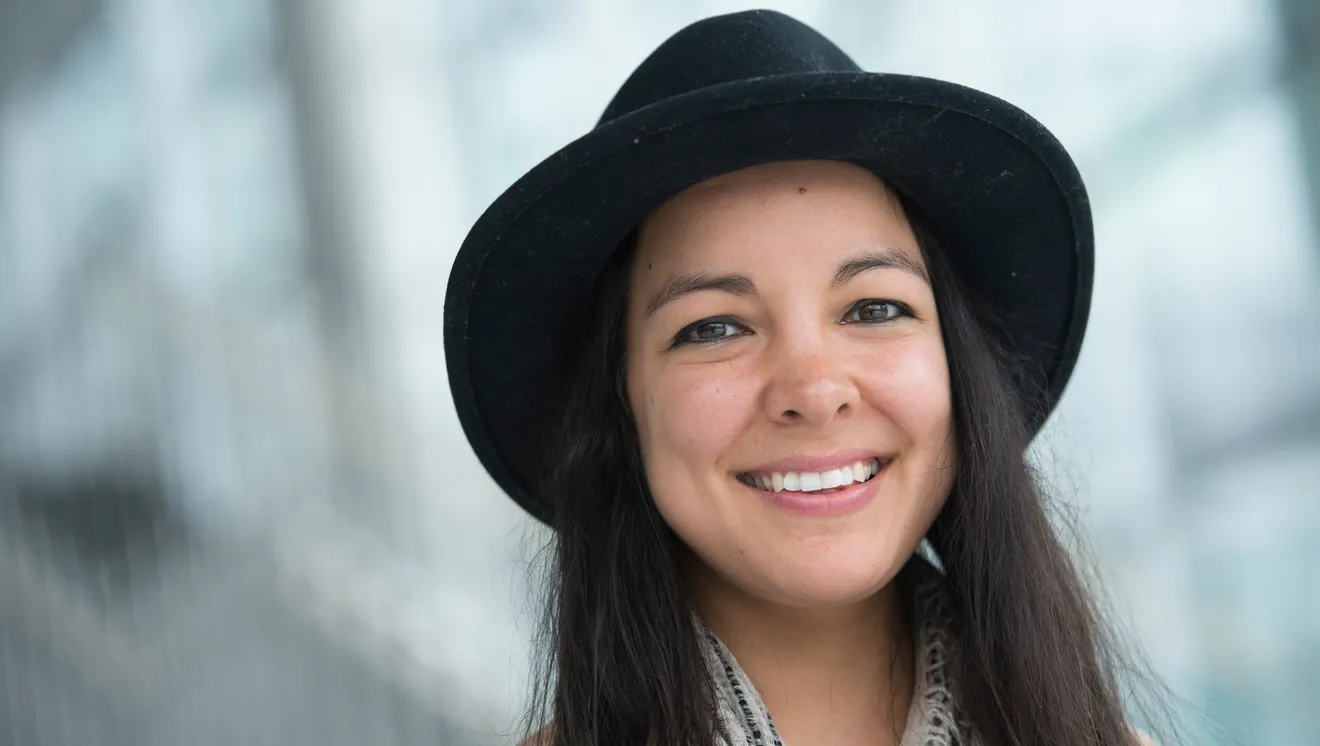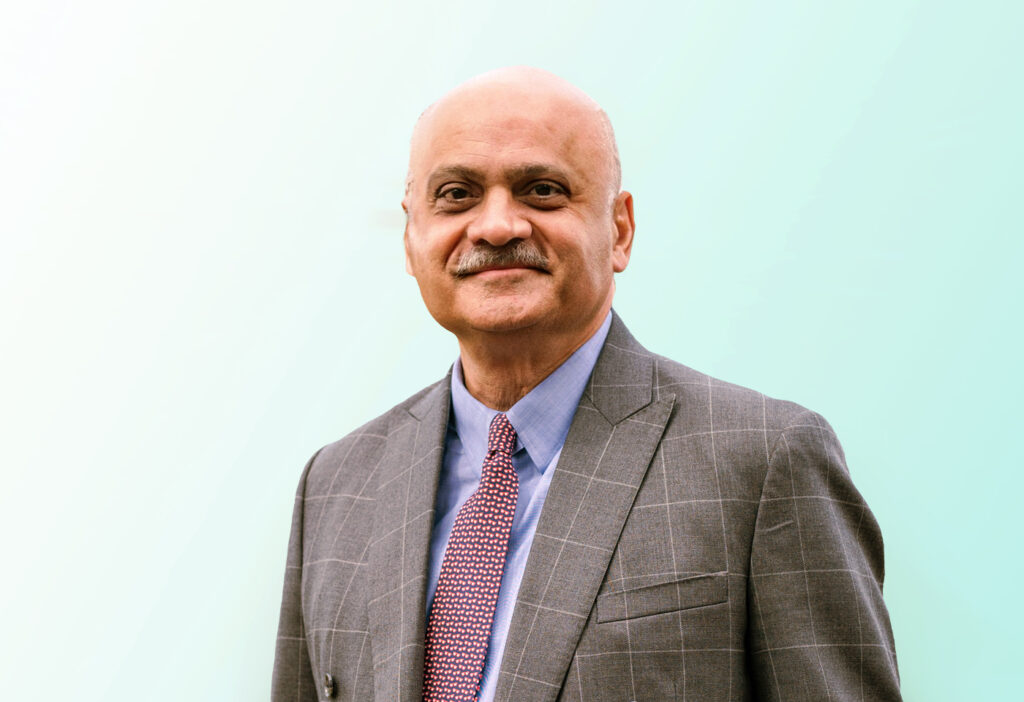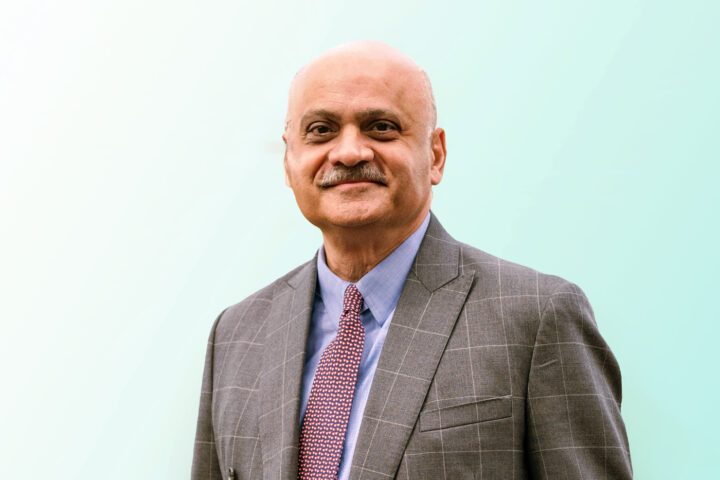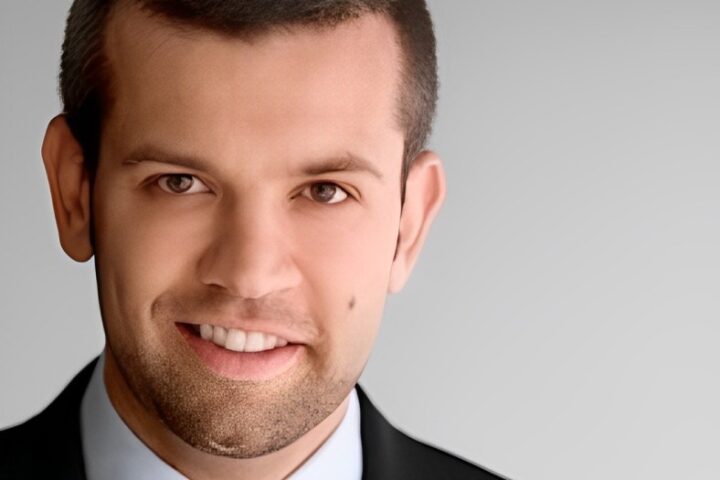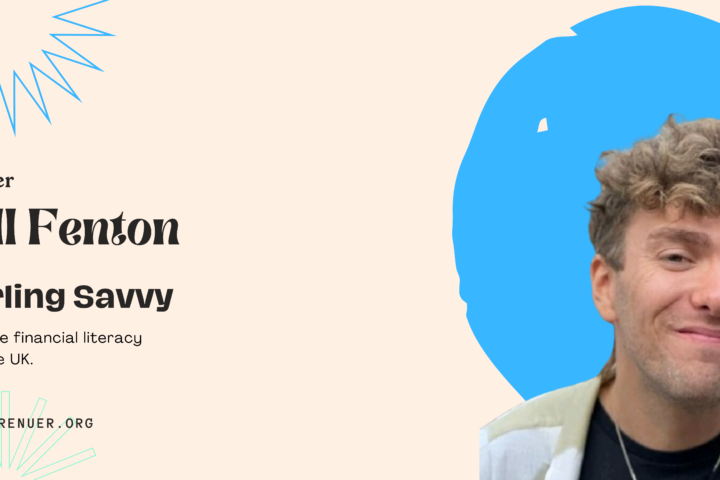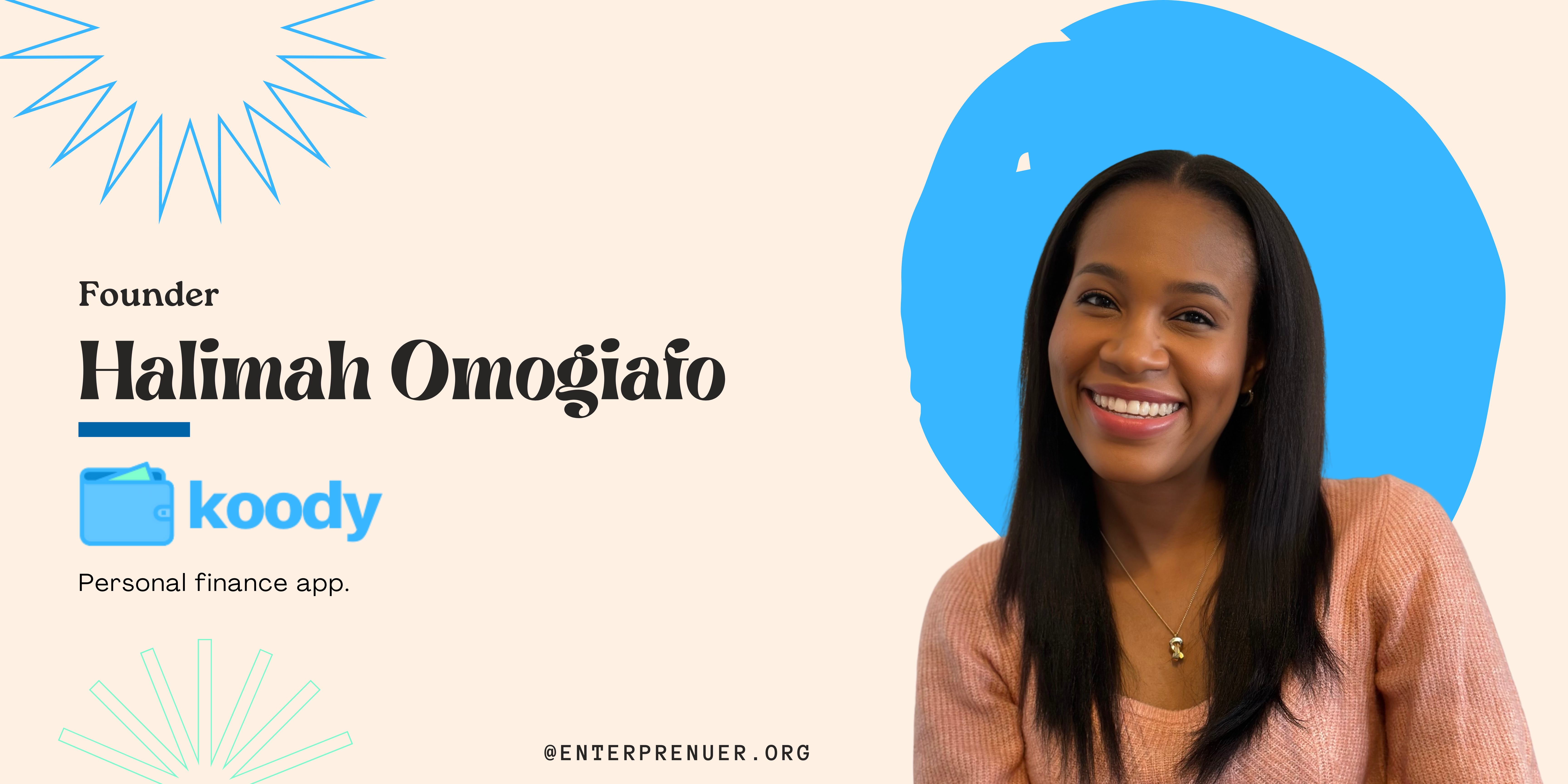Miki Agrawal is a social entrepreneur, best-selling author, public speaker, and the founder/CEO of many successful businesses intent on innovating antiquated industries.
With a vision to disrupt entire industries, Agrawal’s tenacity and drive allowed her to dismantle norms, get through the proverbial red tape, and bring her revered authenticity to her businesses.
She is the Founder of companies like Wild (gluten-free farm-to-table pizza concept), Thinx (period panties on a mission), and Tushy (bidet attachments for every toilet).
Miki Agrawal is an entrepreneur on a mission to resolve ongoing problems in underrepresented industries while propelling meaningful change through her companies’ mission statements and sustainability measures.
In addition to running successful businesses, Miki Agrawal is a best-selling author and has published the tomes “Do Cool Sh*t” and “Disrupt-Her: A Manifesto for the Modern Woman.”
In her books, Agrawal inspires authentic expression, perseverance, and professional and personal commitment to oneself. Agrawal often shares her experiences as a public speaker, inspiring listeners and fledgling entrepreneurs.
Born to Japanese and Indian immigrant parents, young Miki Agrawal recognized the importance of hard work, perseverance, and commitment to excellence. Post-matriculation, Agrawal launched her career in the financial realm in NYC.
Like countless others, her entire world was flipped upside down on 9/11, as Agrawal was supposed to be at work directly under 2 World Trade Center.
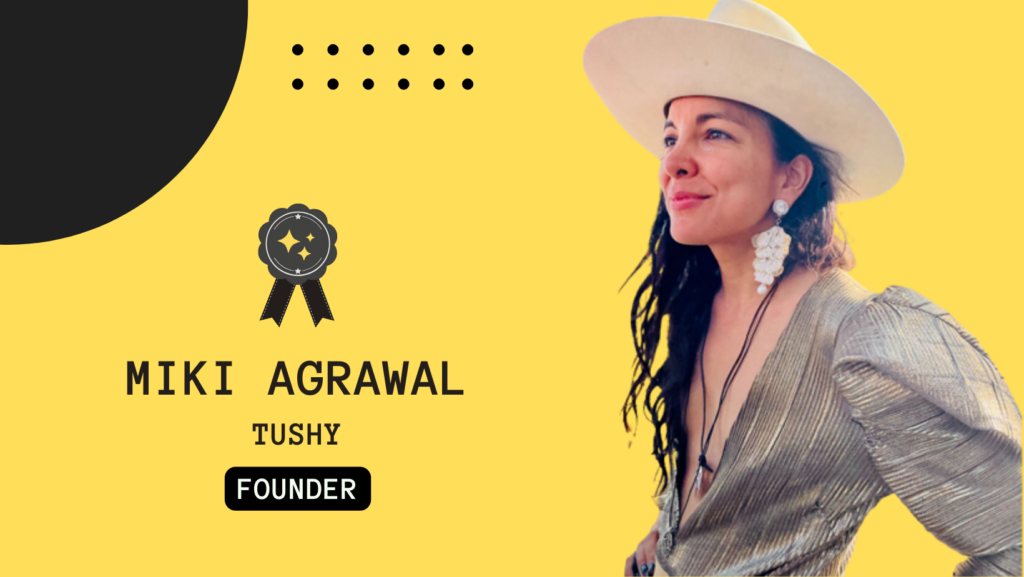
Grateful to be alive, Agrawal vowed to take control of her career and life and to pursue professional and personal ventures that brought her joy, drive, and meaningful existence.
What inspired you to build TUSHY?
Three things inspired the launch of TUSHY. The first was that bidets have been ubiquitous in my parents’ home countries (Japan and India), and everyone washes their butts instead of using dry toilet paper.
My family overseas always talked about how America is somehow “so backward” in this cleanliness category because water is a much cleaner experience than toilet paper. They liked this analogy: “Imagine if you jumped in your shower, did NOT turn the water on, and used dry toilet paper to wipe down your dirtiest bits. People would call you crazy, right? So, why are you doing that to the dirtiest parts of your bodies?”
I realized that the only reason bidets weren’t in North America was cultural and were seen as “weird and foreign” to Americans. So, my main focus was to debunk all of the weirdness around it and that once people tried it, they could never go back because of how clean they felt and how “DUH!” it was to use water instead of dry paper to clean ourselves properly.
The second inspiration came from when I tried it for the first time as an adult. It was not only a EUREKA! The moment for me where I felt so, so clean, but it also cleared up my painful butt right away (I had hyperthyroidism, and one of the side effects was pooping a LOT, and the constant wiping hurt my butt over time).
Using a bidet changed my life during that hard time. It then made me realize that the tens of millions of people with chronic issues like hemorrhoids, UTIs, BV, yeast infections, itchy butt, sore butt, GI issues, mobility issues, and even pregnant and post-pregnant mamas would majorly benefit from this!
The third reason was that I love trees and I care about sustainability. When I learned that 15 million trees are cut down every single year for JUST toilet paper consumption and that important forests like the Canadian Boreal Forest and the Amazon rainforest in South America (which are the most critical global carbon sinks in the world) were being cut down to make disposable toilet paper, it was hard to swallow. Learning that switching to a bidet would solve that problem was massive.
Also, I realized that one roll of toilet paper requires 37 gallons of water instead of using only 1 pint of water per use. Even when it comes to water, by using a bidet (water!), we were saving nearly 55 gallons of water per week! People care more about the planet, and I thought that when people found this out, they would care, too.
How have your priorities changed from when you first started?
I focus more on the creative now, as I have brought in a great co-founder and COO, along with a bright and thoughtful executive from Amazon, to become the CEO of TUSHY. We also hired an experienced executive team that spans the depth and breadth of experience in building companies. I get to focus on what I love to do the best.
Is there anything you would have done differently when starting?
I would have probably brought in more seasoned people early on, but I didn’t have much money to make that happen. I think their experience would have made a massive difference in preventing mistakes from happening that they had already earned earlier in their careers.
You mostly get what you pay for. Sometimes, I find gems who are young and hungry and get shit done, but now, I often want to bring in more competent people than me in the areas in which I don’t excel. It makes life easier and the business sturdier faster.
How did you decide where to establish your company?
For tax reasons, we established in Delaware as a C-Corp. Initially, we were an LLC, but we changed over as we raised capital, as most investors prefer to invest in C-Corps.
What challenges did you overcome at the beginning of your journey?
Getting people to understand a bidet and why they need it has been challenging. It was such a foreign thing to most people, but we have sold over 1 million TUSHY bidets, and our customers RAVE about it.
What is unique about TUSHY?
We’re genuinely the best-in-clASS bidet attachment in the world – there is no better technical product than the TUSHY bidet. Our artful design and irreverent tone are also unique and unrivaled. Our voice is authentic and funny, our social media presence is loved, and we don’t take ourselves seriously. Our brand is memorable, and people love sharing it far and wide. We say that when we sell one bidet, it organically sells five.
What advice would you give to someone trying to become an entrepreneur?
Find a real problem in the world and work on solving it! Please don’t start yet another T-Shirt or shoe company. There are so many legitimate problems in the world that need our attention. Please go there; money will follow because you’re solving something essential and natural.
How did you first select your employees?
I looked for the smartest, hungriest self-starters passionate about what we were doing. When we are early and have little money, we have to find the younger, more inexperienced ones, but passion and self-starting are vital to building something great.
How did you raise funding?
I raised funding by talking with 100 people, having fundraising dinner parties in my friends’ loft apartments, and presenting the idea in an intimate environment. It worked!
What’s your favorite quote?
My friend recently said to me: “Sometimes, the stars align, and sometimes, we align the stars.”
Otherwise, it’s my fave quote by Hunter S. Thompson: “Life should not be a journey to the grave to arrive safely in a pretty and well-preserved body, but rather, to skid in broadside in a cloud of smoke, thoroughly used up, totally worn out, and loudly proclaiming ‘Wow! What a Ride!’”
What strategies did you first use for marketing your business?
Hustle, have people try it as much as possible, free installs in crucial places like yoga studios, partnerships with like-minded brands, and then, big-swing weird PR ideas, like Superbowl Sunday, Butt-Con or Funeral For a Tree or Year of The Asshole or Poop-Up shop, etc. We hustle hard.
How did you establish your culture?
Lots of fun, creativity, and poop jokes lend themselves to good culture and weed out people who take themselves too seriously.
How do you define success?
Freedom of time.
What’s your favorite book? Which and Why?
I love autobiographies, like “Shoe Dog” by Phil Knight (story of Nike). “Losing my Virginity” by Richard Branson (story of Virgin), “Belong” by my sister Radha Agrawal (story of community-building and building Daybreaker), “Will” by Will Smith (his wild ascension to success), “Being Ram Dass” by Ram Dass about his life story, “Come Home To Yourself” by Sadhvi Saraswati about her experience going to India and living in an ashram and all that she learned, “Impossible First” by Colin O’Brady about the first man to cross Antarctica by foot unsupported and unassisted, “Untamed” by Glennon Doyle about her relatable yet poignant life realizations. I love stories and being inspired by others’ stories.
What have you enjoyed most about starting your own company?
Solving real problems and seeing people and the planet elevate from the effort.
What are the qualities of a good entrepreneur?
Optimistic, creative, solution-oriented, relentless
How long did it take you to find success?
Seven years for financial success but ten years to find deeper self-love took a lot of work with coaches.
What are you working on now?
Aside from TUSHY and cleaning the butts of the American people, I am laying the groundwork for a frontier fungal biotech company.
TL;DR by Miki Agrawal
- I was inspired by the widespread use of bidets in Japan and India and wanted to introduce this to North America.
- My experience with bidets and desire for improved hygiene solutions led me to create TUSHY.
- Environmental concerns, especially the impact of toilet paper production, motivated me to promote bidets as a greener choice.
- A pivotal moment on 9/11 influenced my decision to pursue meaningful entrepreneurial ventures.
- My business approach focuses on solving real-world problems and creating impactful products.
